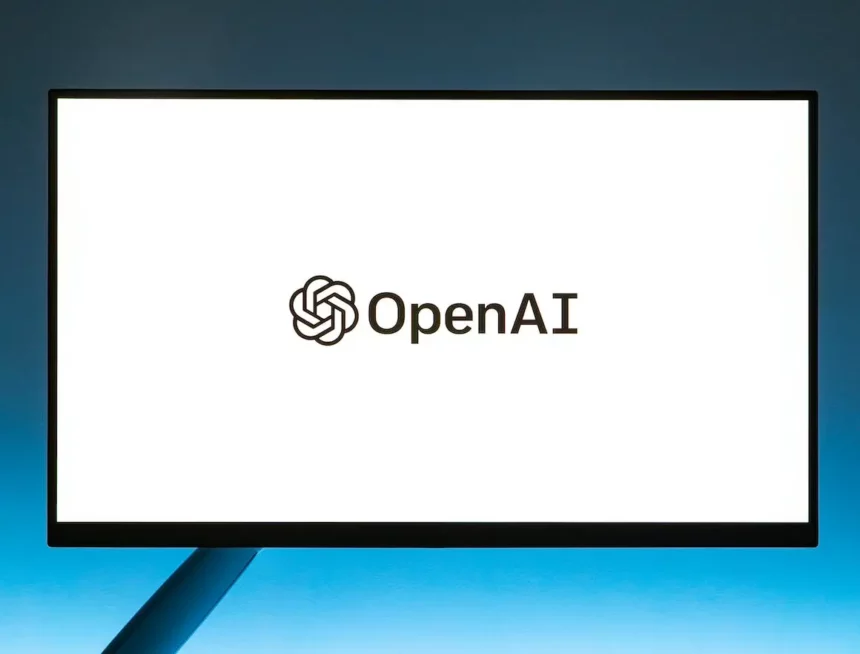Imagine a boardroom filled with lively discussions, heated debates, and passionate individuals who shape the future of artificial intelligence. Well, in the case of OpenAI, that vision took an unexpected twist recently. Led by the well-known co-founder Sam Altman, OpenAI faced a power struggle that led to Altman’s firing and subsequent return, causing quite a stir among investors and employees. But that’s not all. OpenAI’s new board is now under scrutiny for its lack of diversity, both in terms of gender and expertise in responsible AI use. As this organization navigates through this tumultuous period, it has a golden opportunity to reshape itself and prove its commitment to inclusivity and responsible advancement of AI technology.
Power Struggle at OpenAI
OpenAI, the renowned artificial intelligence research laboratory, recently experienced a significant power struggle that sent shockwaves through the organization and the tech community at large. The catalyst for this turmoil was the firing of its co-founder, Sam Altman. Altman’s unexpected dismissal sparked a major backlash from investors and employees, leading to threats of mass resignation and even potential legal action. The heated nature of this power struggle has thrown OpenAI into a period of uncertainty and introspection.
Firing of Sam Altman
Sam Altman, a respected figure in the field of AI and technology, played a crucial role in establishing OpenAI and leading the organization towards its prominent position in the industry. However, internal conflicts and differences in vision resulted in Altman’s shocking termination. The decision to fire such a prominent figure within the organization sent shockwaves through the OpenAI community and raised questions about the future direction of the research laboratory.
Backlash from Investors and Employees
The firing of Sam Altman triggered an immediate and strong response both from OpenAI’s investors and its dedicated group of employees. Investors expressed their concerns about the abrupt dismissal of Altman and warned of potential consequences for the organization’s reputation and financial stability. Meanwhile, employees, demonstrating their unwavering support for Altman, voiced their discontent and threatened resignations en masse. The severe backlash from these two crucial stakeholder groups plunged OpenAI into a state of uncertainty and turmoil.
Return of Sam Altman with Background Investigation
In a surprising turn of events, Sam Altman returned to OpenAI, albeit under unique circumstances. In order to address the concerns and doubts surrounding Altman’s leadership, the organization initiated a thorough background investigation. These measures were implemented to ascertain the validity of any allegations and ensure a transparent and accountable leadership structure. Altman’s return, while met with mixed reactions, provided an opportunity for OpenAI to reconcile and move forward with renewed determination and purpose.
Board Changes at OpenAI
In addition to the power struggle surrounding Sam Altman, OpenAI also announced significant changes within its board structure. The formation of a new transitionary board aimed to address some of the underlying issues that had contributed to the organization’s recent turmoil. However, the composition of this board quickly came under scrutiny, with concerns raised regarding the lack of diversity and expertise.
Formation of a New Transitionary Board
Recognizing the need for change and stability, OpenAI swiftly formed a new transitionary board to guide the organization during this turbulent period. The introduction of a fresh set of voices and perspectives was seen as a crucial step towards rebuilding trust and charting a new path forward. The transitionary nature of this board served as a temporary solution, allowing OpenAI to re-evaluate its governance structure and refine its decision-making processes.
Criticism of Lack of Diversity and Expertise
As public awareness and scrutiny around issues of diversity and equity continue to grow, OpenAI faced criticism for the composition of its new transitionary board. Concerns were raised over the lack of representation from underrepresented groups and the absence of individuals with expertise in responsible AI use. This critique amplified the need for OpenAI to self-reflect and ensure that its leadership and decision-making bodies genuinely embody the diversity and inclusion principles it seeks to promote.
Opportunity to Select More Diverse Board Members
While OpenAI faced rightful criticism for the lack of diversity within its transitionary board, this development also presented a unique opportunity for the organization. By actively seeking out and selecting board members from a wider range of backgrounds and expertise, OpenAI could address some of the concerns raised and demonstrate its commitment to creating an inclusive environment. These changes at the board level could set the stage for a more robust and responsible approach to AI research and development, thus solidifying OpenAI’s position as a leading force in the industry.
In conclusion, the power struggle and board changes faced by OpenAI have undoubtedly created a period of uncertainty and introspection for the organization. However, with the return of Sam Altman and the formation of a new transitionary board, OpenAI has the chance to address its shortcomings, rectify the lack of diversity, and steer its mission towards building responsible AI that benefits all of society. The coming months will be crucial in determining how OpenAI responds and whether it can regain the trust and support of its key stakeholders.
